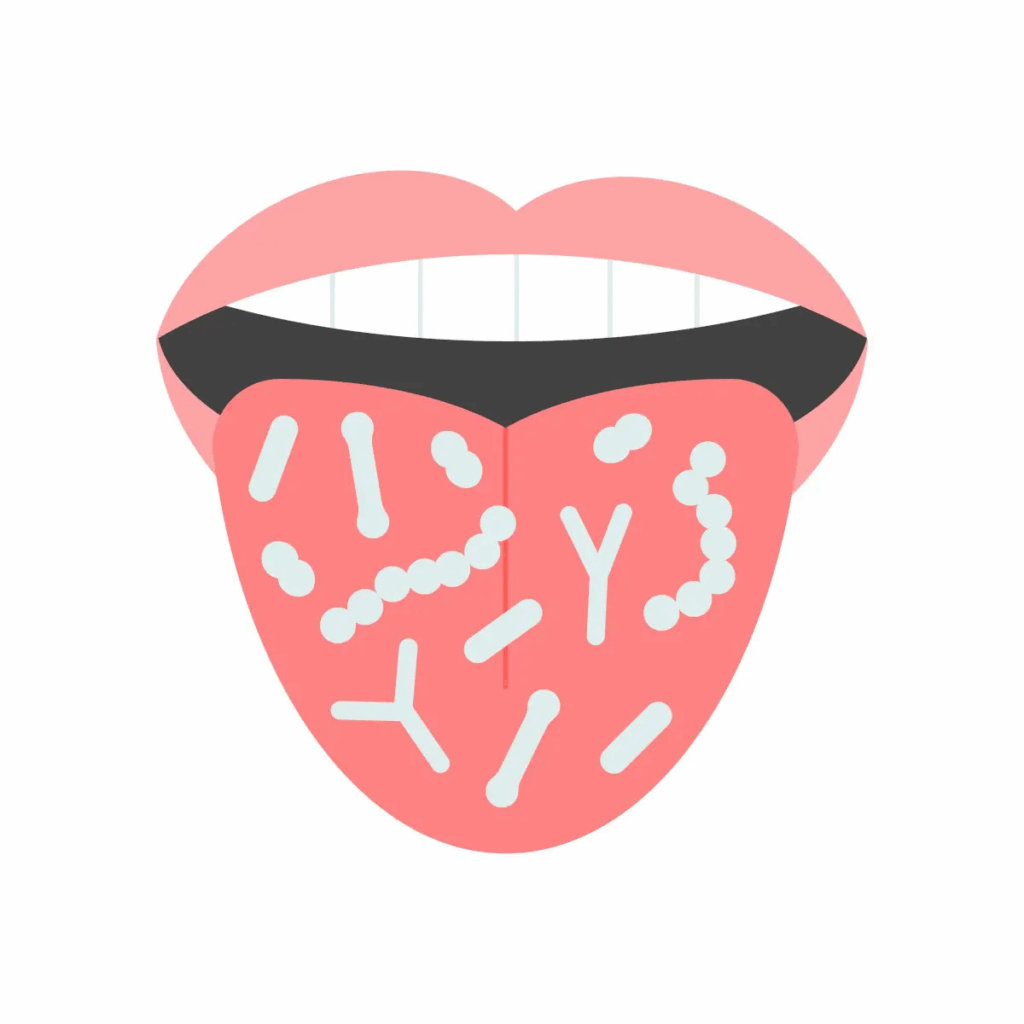Introduction:
Migraines are a complex neurological condition that can severely affect daily life. While triggers like stress, lack of sleep, and certain foods are well-known, an emerging area of research suggests that your oral microbiome could play a role in triggering these painful episodes. In this post, we’ll explore the connection between oral health and migraines and how the bacteria in your mouth might be influencing your brain health.
What is the Oral Microbiome?
The oral microbiome refers to the community of bacteria, fungi, viruses, and other microorganisms that naturally live in your mouth. This diverse ecosystem can affect not only your oral health but also your overall well-being, including your brain health.
The Link Between Oral Health and Migraines:
Recent studies have shown that the bacteria in the mouth might influence the central nervous system through several mechanisms:
- Inflammation:
Poor oral hygiene or an imbalance in the oral microbiome can lead to gum disease (gingivitis or periodontitis). Inflammation in the gums can release inflammatory markers into the bloodstream, which may trigger or worsen migraine attacks. - Impact on Nitric Oxide Production:
Some bacteria in the mouth help produce nitric oxide, a compound that can affect blood flow and vascular health. An imbalance in these bacteria might disrupt nitric oxide levels, potentially contributing to migraines by affecting blood vessels in the brain. - Oral Pathogens and the Blood-Brain Barrier:
Certain harmful bacteria in the oral cavity, such as Porphyromonas gingivalis, can enter the bloodstream through gum infections and travel to the brain. Once there, these bacteria could influence the brain’s inflammatory response, contributing to the onset of migraines.
Symptoms of an Imbalanced Oral Microbiome:
If your oral microbiome is out of balance, you might experience symptoms such as:
- Persistent bad breath (halitosis)
- Swollen, bleeding gums
- Tooth sensitivity or pain
- Tooth decay
- A dry mouth

These signs might indicate that the bacteria in your mouth are not in equilibrium, potentially setting the stage for migraine triggers.
How to Improve Your Oral Microbiome and Reduce Migraine Risk:
- Maintain Proper Oral Hygiene:
Brushing your teeth twice daily, flossing regularly, and using an antibacterial mouthwash can help keep harmful bacteria at bay and promote a healthier oral microbiome. - Probiotics for Oral Health:
Certain probiotic strains, such as Lactobacillus and Bifidobacterium, may help maintain a healthy balance of good bacteria in the mouth. Talk to your dentist or healthcare provider about oral probiotics. - Regular Dental Checkups:
Seeing your dentist regularly for cleanings and checkups can help identify potential oral health issues early, preventing infections that might influence your migraines. - Hydrate:
Drinking plenty of water can help maintain a healthy balance of bacteria in the mouth and prevent dry mouth, which can contribute to an unhealthy oral environment. - Healthy Diet:
Eating a balanced diet rich in antioxidants, vitamins, and minerals helps support both oral and overall health. Avoiding excessive sugary foods can prevent the growth of harmful bacteria in the mouth.
When to Seek Medical Attention:
If you experience frequent or severe migraines, or if you notice signs of gum disease or other oral health issues, it’s important to seek medical and dental advice. A comprehensive approach that includes both dental and neurological care might be necessary to address the root cause of your migraines.
Conclusion:
While the connection between the oral microbiome and migraines is still being researched, it’s clear that maintaining a healthy mouth could have a broader impact on your overall health, including reducing migraine triggers. By improving oral hygiene and addressing any imbalances in the oral microbiome, you might find relief from migraine episodes and improve your quality of life.
Also Read : Effective Coping Techniques for Anxiety



